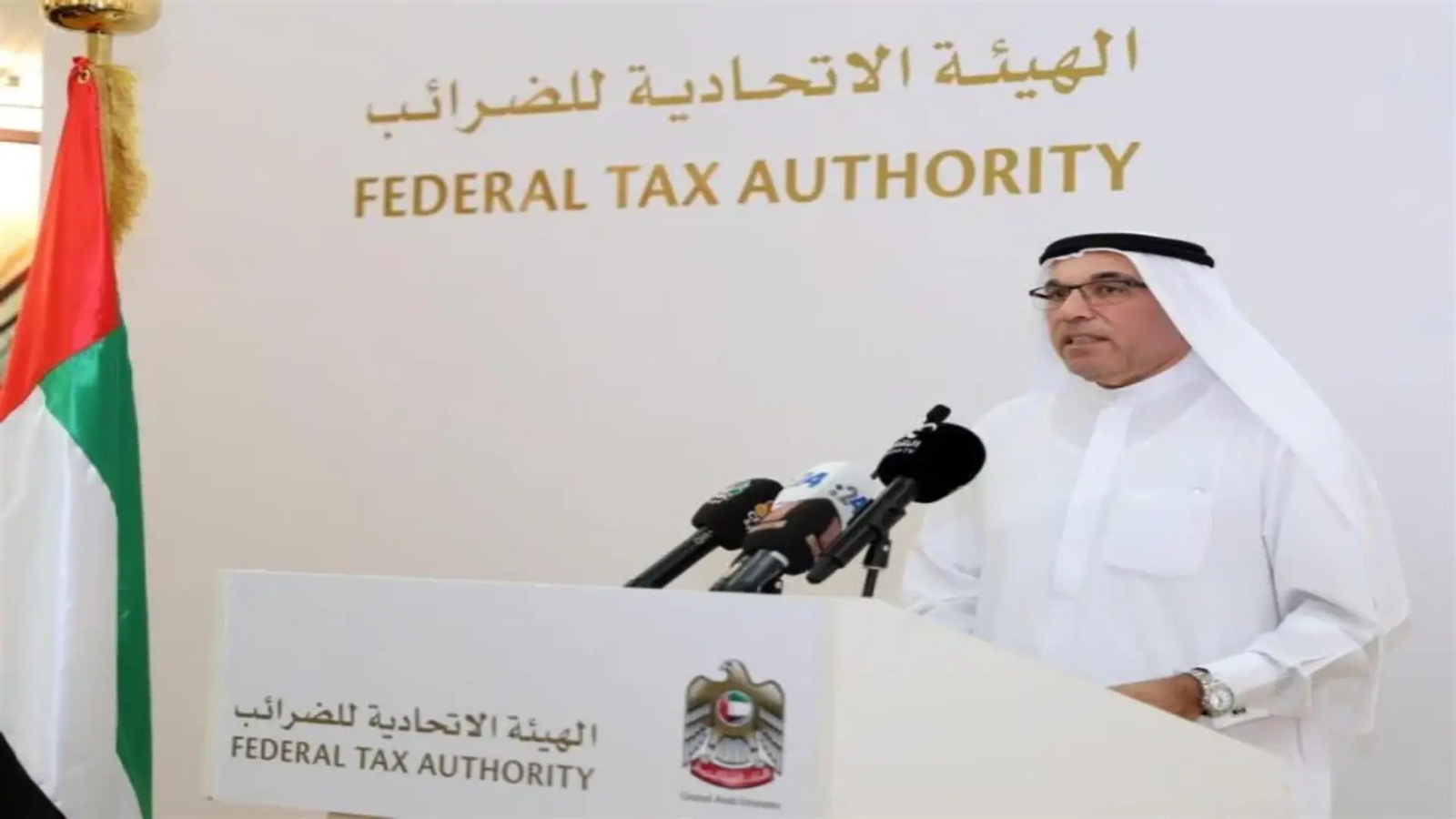A dramatic transformation is underway in the Middle Eastern fiscal landscape, with states becoming increasingly willing to tax income and business profits.
The region has historically relied on minimal tax regimes, with most Gulf Cooperation Council (GCC) states using oil revenues to support government spending. However, these countries are now witnessing a decisive shift toward modern, regulated tax systems.
Oman is breaking precedent by introducing personal income tax from January 1, 2028, on incomes exceeding OMR 42,000. This follows similar tax introductions across other GCC countries, signalling a broader regional commitment to fiscal diversification and alignment with global standards.
While tax remains a relatively new phenomenon in the region, recent years have seen significant developments, including the introduction of VAT and excise taxes, and the UAE’s federal Corporate Tax commencing from 2023.
The UAE continues to strengthen its tax framework through ongoing regulatory refinements. On 27th March 2025 it released Cabinet Decision No. 35 of 2025, which clarifies corporate tax applicability to non-resident entities deriving income from immovable property. Businesses navigating these changes often seek the expertise of experienced tax advisors and corporate attorneys in UAE to ensure compliance and reduce exposure to legal risk.
The UAE’s Corporate Tax Journey
In 2023, the UAE implemented Federal Decree-Law No. 47 of 2022, marking the country’s first comprehensive corporate tax regime. The transition from a near-zero tax environment has required not just new laws, but ongoing regulatory clarification.
To support the transition, the FTA has issued decisions, guides, and circulars to interpret and clarify the new framework. These clarifications address key compliance and sector-specific issues.
Cabinet Decision No. 35 of 2025 represents the latest chapter in this process, building upon earlier clarifications to create a comprehensive regulatory framework.
Cabinet Decision No. 35 of 2025: Tightening the Nexus Rule
Cabinet Decision No. 35 of 2025 tightens the ‘nexus rule’, clarifying when foreign entities are taxed in the UAE. Effective from March 27, 2025, it replaces Cabinet Decision No. 56 of 2023, thereby closing potential loopholes and aligning the rules with Cabinet Decision No. 34 of 2025 on investment funds.
Key Nexus Triggers
Under the new Decision, a non-resident juridical person will be considered as having a nexus in the UAE in the following situations:
Any derivation of income from UAE immovable property, including income from rights in rem, sale, disposal, assignment of rights, direct use, letting (including subletting), and any other form of exploitation of immovable property.
Where an entity’s income is adjusted under specific provisions of Cabinet Decision No. 34 of 2025, particularly concerning:
- Qualifying Investment Funds with less than 10 investors where the company and its related parties own or control 30% or more of the fund
- Funds with 10 or more investors where the company and its related parties own or control 50% or more
For investors in investment funds that distribute 80% or more of their immovable property income within nine months from the end of the fund’s financial year, nexus is created at the date of distribution. For funds failing to meet this threshold, nexus arises upon acquisition of ownership interest.
Anti-Avoidance and Registration
If a non-resident person artificially transfers or disposes of their right in rem in any immovable property without a valid commercial or non-fiscal reason reflecting economic reality, such arrangements will be treated as tax avoidance.
Any non-resident entity meeting the nexus criteria must register with the FTA, ensuring compliance with the same reporting and documentation standards as domestic entities.
Contextualizing The Decision
Cabinet Decision No. 35 of 2025 forms part of a comprehensive suite of iterative clarifications and policy updates by the FTA and Ministry of Finance.
Cabinet Decision No. 2 of 2025 overhauled the process for issuing official clarifications and taxpayer guidance, introducing updated procedures for handling taxpayer requests, issuing directives, granting administrative exceptions, and implementing advance pricing agreements. This provided clearer modes of redress for taxpayers.
Cabinet Decision No. 34 of 2025 established eligibility criteria and tax treatment for Qualifying Investment Funds and Qualifying Limited Partnerships. Decision No. 35 builds directly on this framework, creating a coordinated approach to fund taxation.
Ministerial Decision No. 96 of 2025 provides temporary relief and specific clarifications for newly registered entities, while Public Clarification CTP005 offers guidance on REIT taxation. These measures work in tandem with Decision No. 35 to create a comprehensive regulatory framework.
The introduction of the Domestic Minimum Top-Up Tax (DMTT) ensures large multinational entities in the UAE are subject to a minimum 15% tax rate, aligning with the OECD’s Pillar Two global minimum tax initiative.
Why was This Decision Necessary?
Cabinet Decision No. 35 was introduced in response to a range of practical and policy concerns that emerged as the UAE’s corporate tax framework continued to develop.
Initial guidance had left key areas open to interpretation, particularly with respect to cross-border real estate investments and fund structures, which created uncertainty for both taxpayers and advisors.
This Decision addresses that ambiguity by setting out clear criteria for when non-residents become subject to tax in the UAE. It also seeks to close potential loopholes that have surfaced over time, ensuring that the tax regime keeps pace with increasingly complex business structures.
By linking tax liability to genuine economic activity within the UAE and enabling the targeted taxation of relevant real estate income, the Decision aligns the regime with global anti-avoidance standards.
Conclusion
Cabinet Decision No. 35 reflects the UAE’s responsive approach to refining its tax regime in line with practical business realities.
These changes are part of a wider effort to make the region’s tax systems stronger, fairer, and more aligned with global standards.
Authors: Shantanu Mukherjee, Alan Baiju, Akshara Nair














































